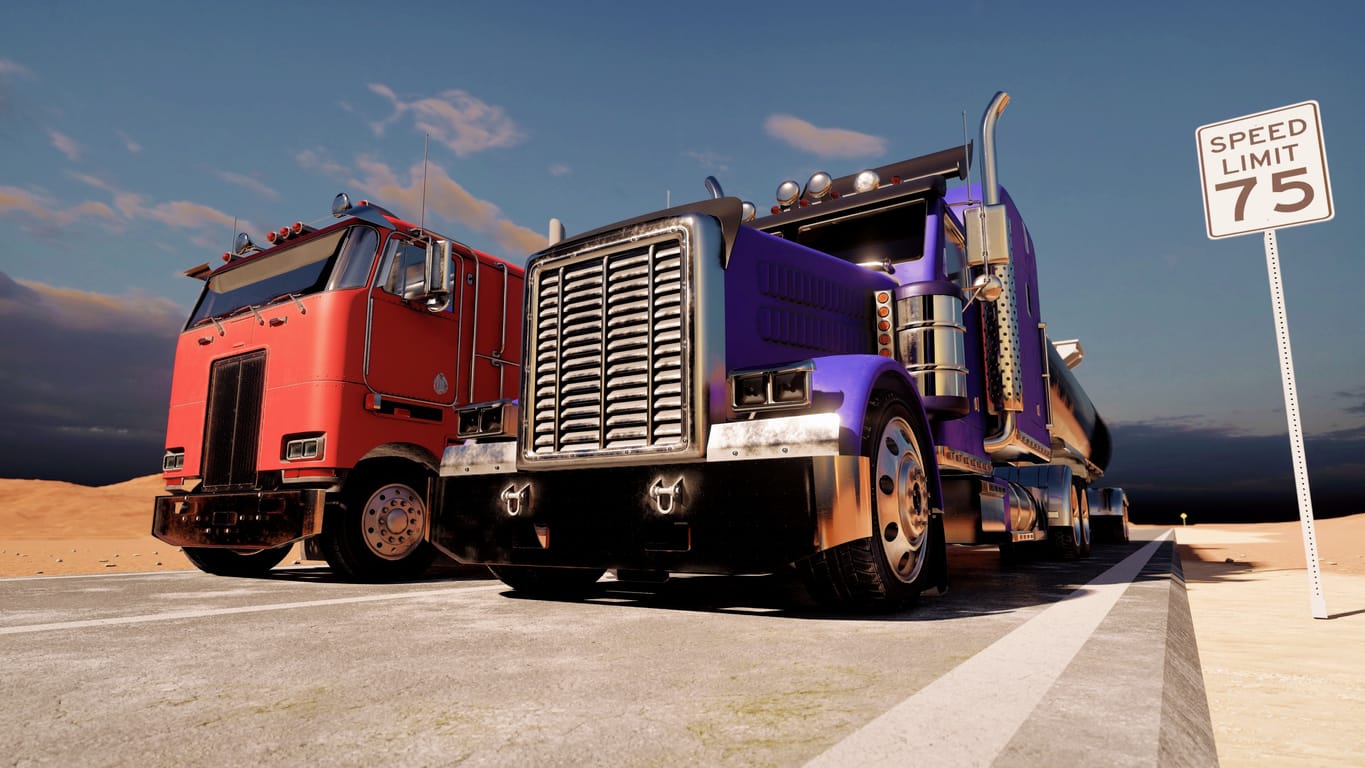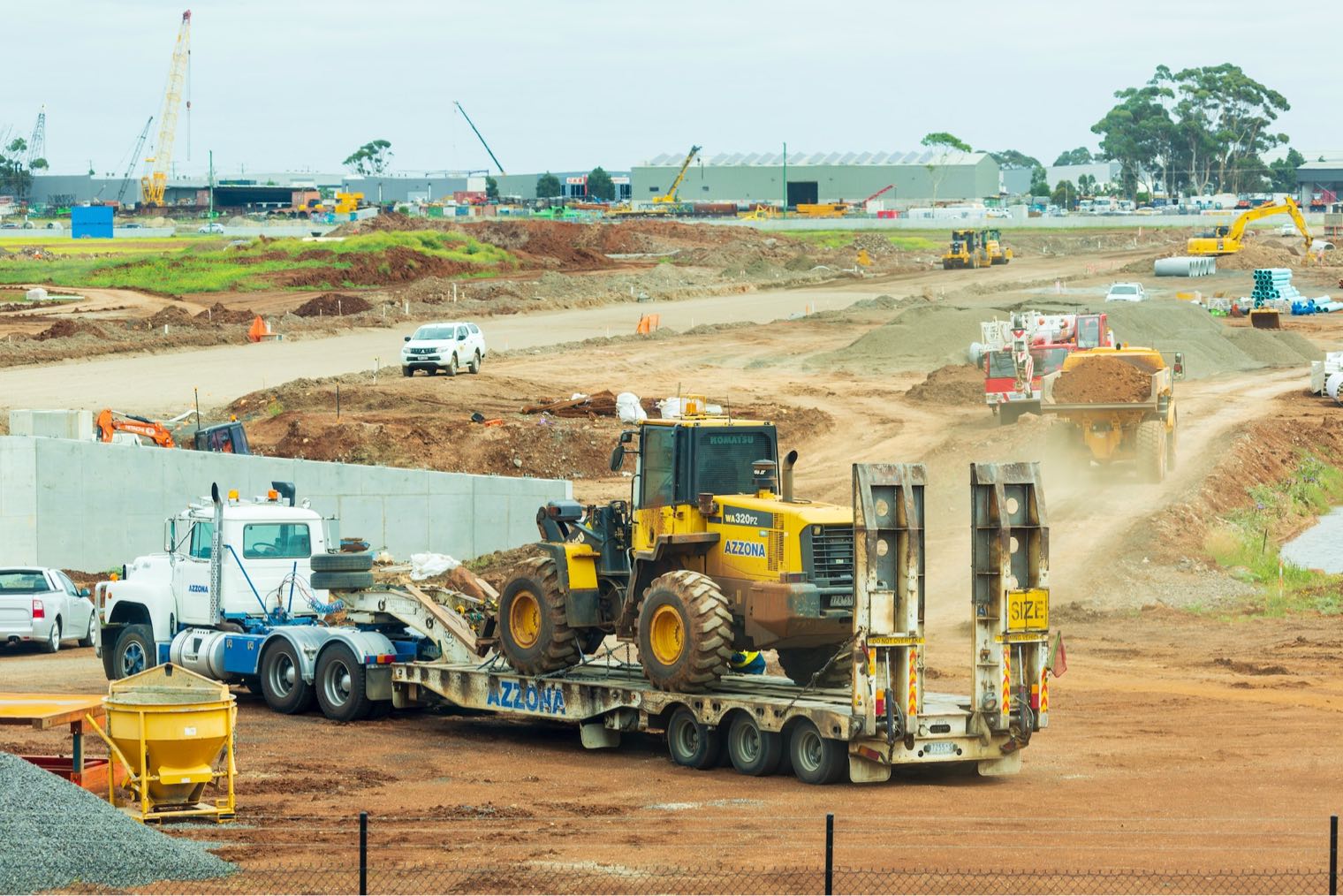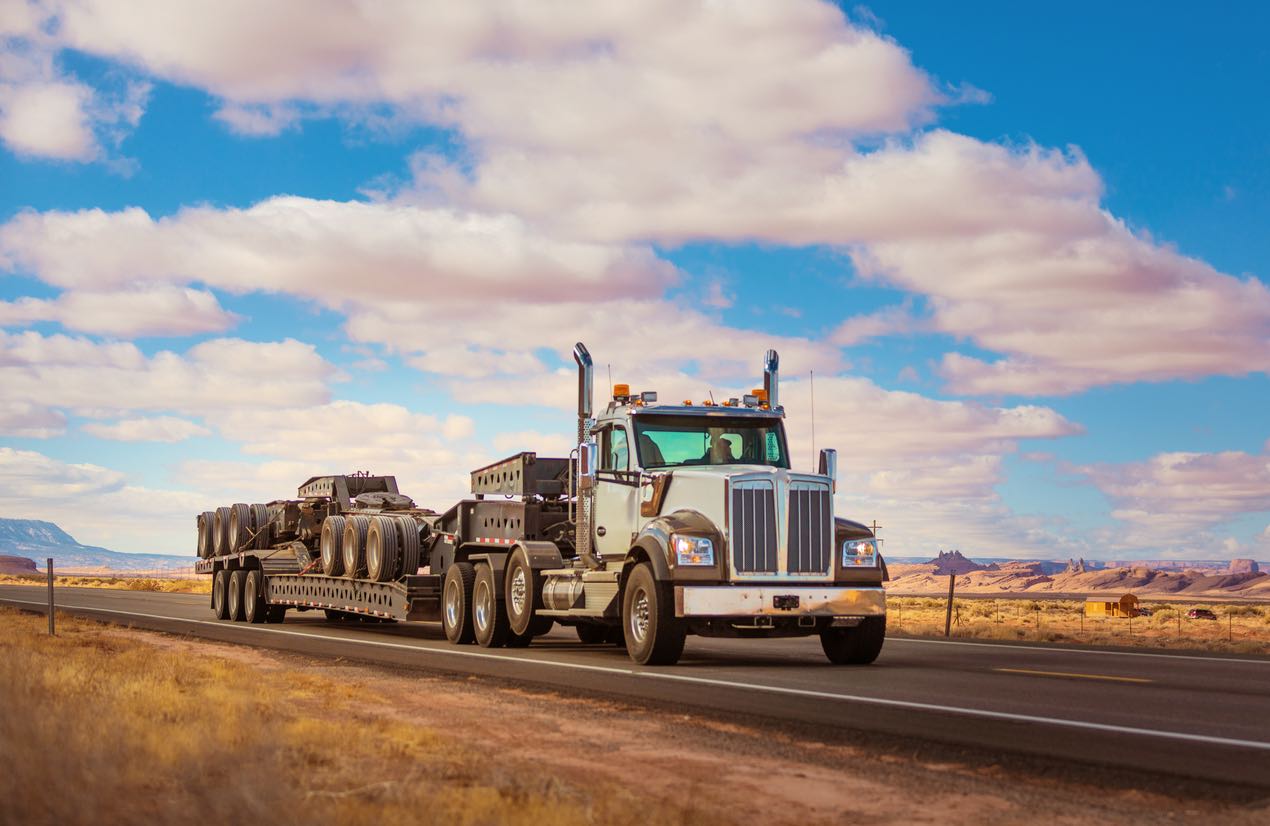Large trucks can be either single-unit vehicles or hybrid vehicles made up of a single-unit truck or tractor towing one or more containers, and they can weigh more than 10,000 pounds. Given their size and weight, it is simple to understand why these enormous vehicles are so dangerous for regular passenger automobiles.
The organization named Federal Motor Carrier Safety Administration (FMCSA) controls truck safety standards and oversees the safety of commercial vehicles used in interstate commerce (vehicles traveling between states). Equipment, licensing, hours of service, and vehicle maintenance and inspection are all governed by FMCSA regulations.
The aftermath of a collision between a huge truck and a passenger car may be disastrous. Large amounts of cargo are typically transported by tractor-trailers, which adds to their weight and impact. Some huge trucks also transport cargo that, in the event of an accident, could be life-threatening, like logs or cattle.
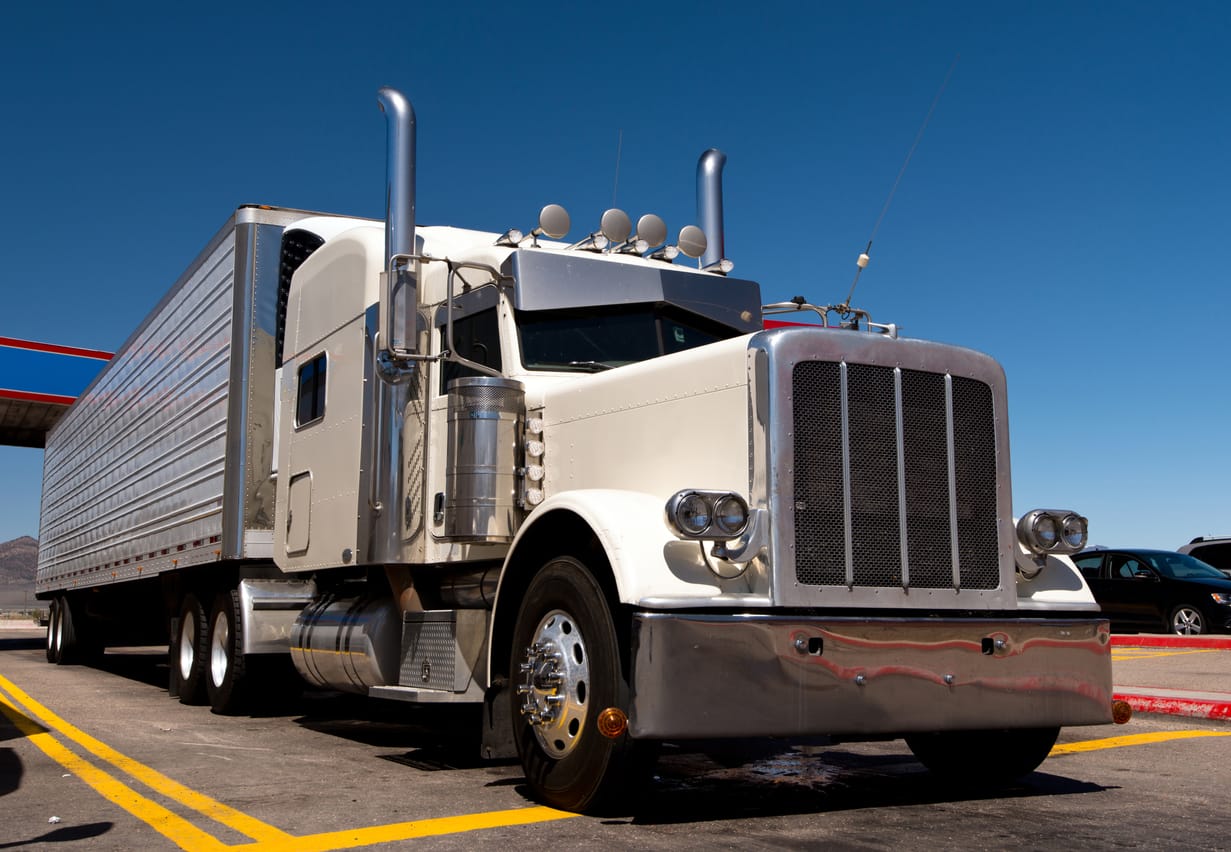
You may get very serious injuries if a big truck runs into your car at a high rate of speed on the highway. Some of these may cause long-term harm. Those hurt in major truck accidents most frequently are:
- Traumatic brain injuries (TBIs) can range in severity from minor concussions to severe and irreversible brain damage;
- Paralysis and damage to the spinal cord;
- Bone fractures;
- Abrasions to soft tissues;
- Organ injury;
- Demise or permanent infirmity.
- Permanent impairment.
Injuries and losses from massive truck accidents may total thousands or millions of dollars. Many accident victims bring personal injury lawsuits against truck drivers and trucking corporations because they cannot pay for these losses. When the victim cannot work, this is frequently the only way they can continue to support themselves financially and pay their medical bills.
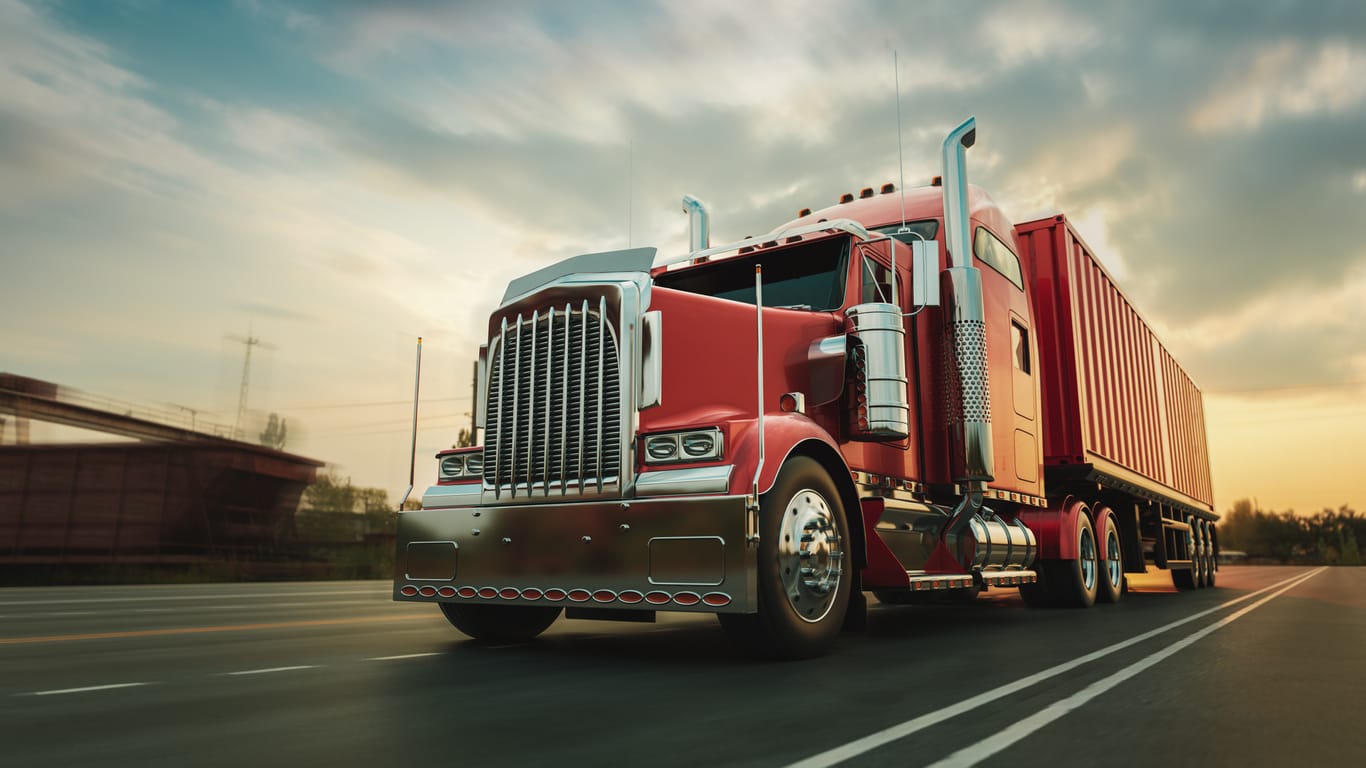
Truck drivers spend a lot of time on the road and frequently miss things is another factor contributing to huge trucks being risky to other motorists. Big rigs demand careful drivers, yet some truckers exhibit risky habits that endanger us all. Typical careless actions by truck drivers include:
Going over the legal speed: Because of their busy schedules, truck drivers risk losing their employment if they are late for an appointment. Due to this, truckers frequently exceed the posted speed limit. In addition, the faster they travel, the more large vehicles can harm in a collision.
Distraction: Truck drivers are notorious for being distracted while operating a vehicle. Cell phones, the radio, a GPS, or even dozing off while driving can all be sources of distraction.
Weariness: Truckers may travel well beyond their capacity for safe driving due to driver weariness. Other, much smaller vehicles are seriously at risk when a driver falls asleep at the wheel.
Aggressive Driving: Truckers are less likely to drive defensively if they know the other party in an accident will suffer most of the impact. Additionally, evidence supports the idea that drivers of larger vehicles may feel superior to other motorists. As a result, passengers in an SUV who are struck may have been in a vehicle driven carelessly or negligently.
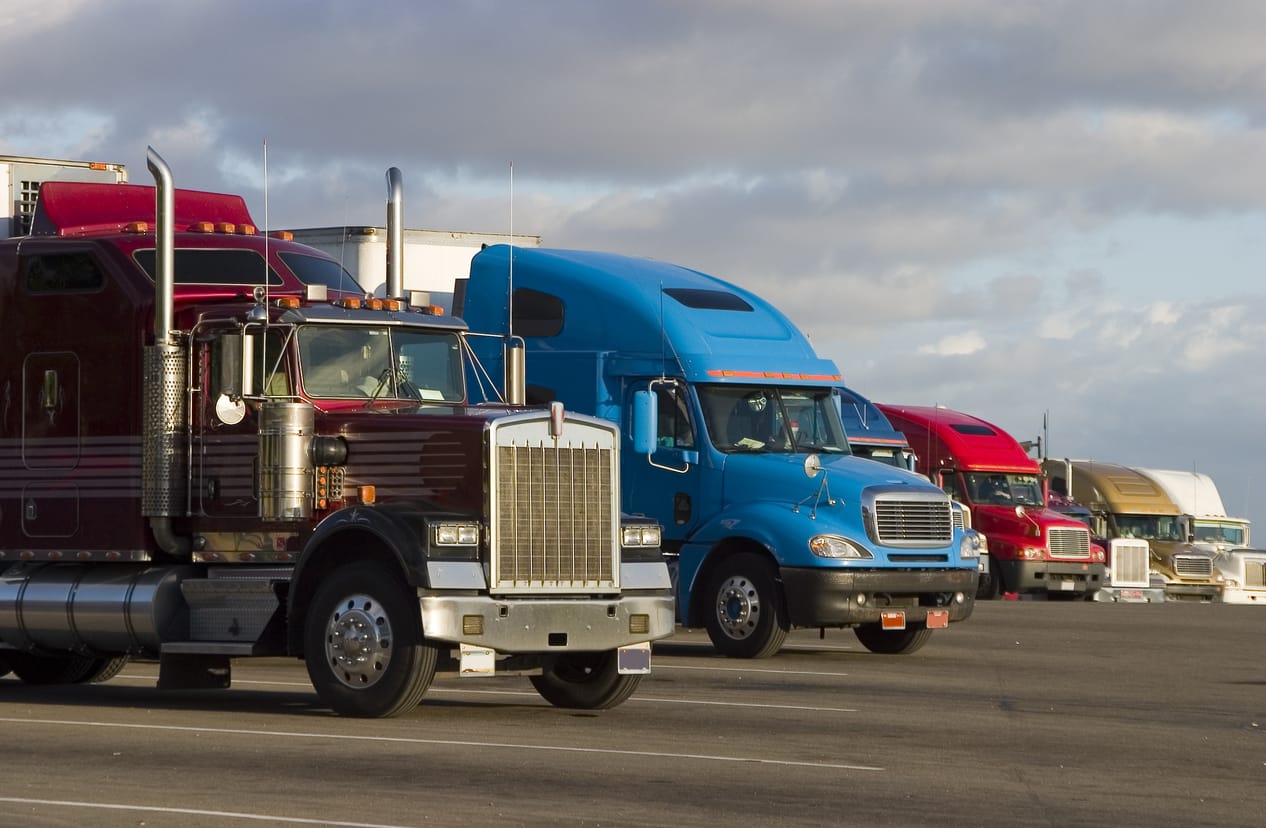
Consider the following advice if you want to know tips on how to prevent truck accidents:
Never drive erratically. Defensive driving naturally lowers the chance of getting into an accident. Take your time, pay attention, and always abide by the posted traffic signs.
Abstain from drinking and driving: Driving under the influence is not only against the law but also extremely risky. For example, it’s possible that a truck driver won’t be able to respond quickly enough to prevent a collision with a drunk driver.
Allow plenty of space for trucks: Understand that a tractor-trailer cannot see you if you follow it closely in a small passenger vehicle. Therefore, always allow a nearby truck a lot of room and avoid overtaking.
Maintain your vehicle regularly: Be sure to take care of any technical problems with your car as soon as you notice them. For example, a damaged brake or tail lights may make it more difficult for other drivers to predict your movements.
Although it is impossible to predict every possible move another driver might make on the road, you can greatly lower your risk of being involved in a truck accident by trying to drive safely and adhering to some best practices.
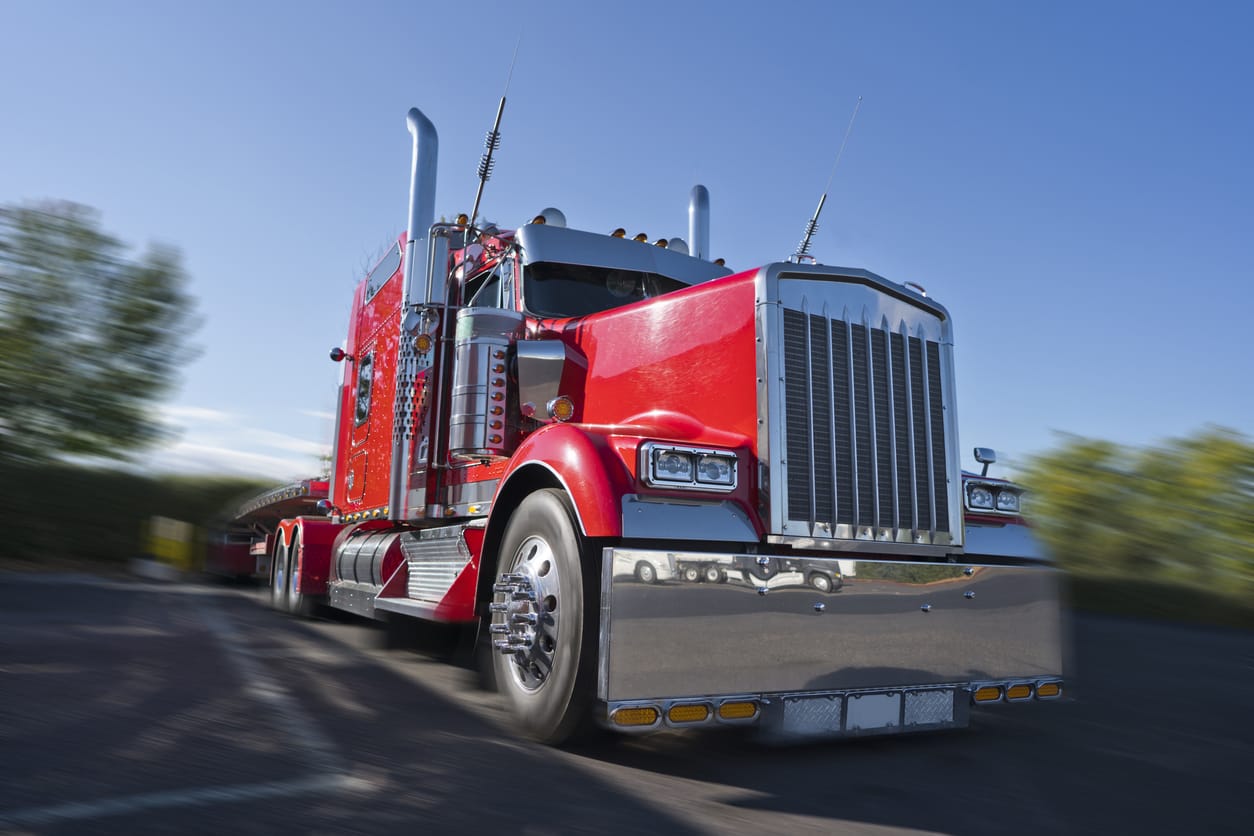
You will undoubtedly be interested in any potential post-accident legal remedies if you are involved in a truck accident. Due to the significant damages they frequently cause and the complicated concerns of accountability that frequently emerge in these circumstances, trucking accidents are among the most complicated car accidents. Therefore, based on how your recent truck accident happened, the legal doctrine of “vicarious liability” may apply.
When one party is held accountable for the deeds of another, vicarious responsibility is a legal doctrine that applies. For example, in many cases involving truck accidents, the truck driver, their company, or a third party is at fault for the damages. For instance, if a truck driver’s carelessness resulted in the collision, their company can be held vicariously liable if they failed to follow the proper recruiting procedures and background checks.
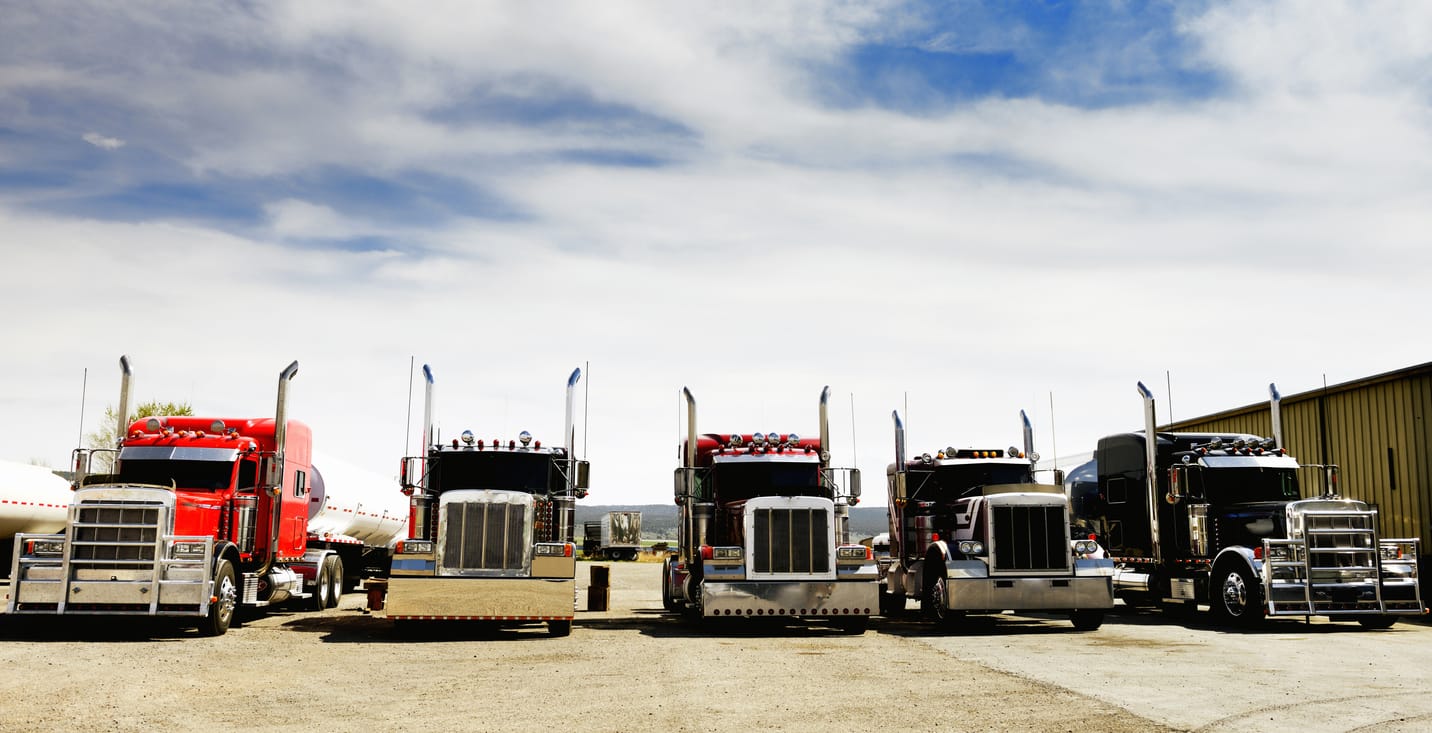
Due to the size, weight, and propensity of truckers to operate their trucks carelessly, tractor-trailer accidents pose a significant risk to the passengers of other vehicles. Truck accidents can result in severe, permanently altering, and even deadly injuries. If a major truck accident results in catastrophic injuries, you may be entitled to significant compensation if the truck driver or business is at fault.
Every professional driver we use at Ship A Car has undergone extensive training and is qualified to transport your vehicle or items safely and on time. Reach out to us now if you’re prepared to prioritize your safety. As a top car shipping company, we know the intimidating cars on the roads, ensuring we have the best staff.
